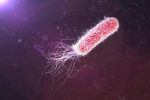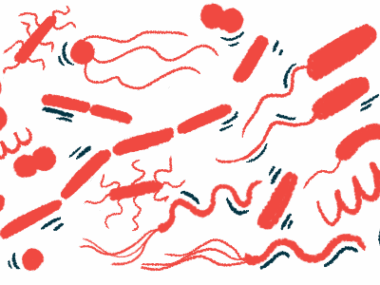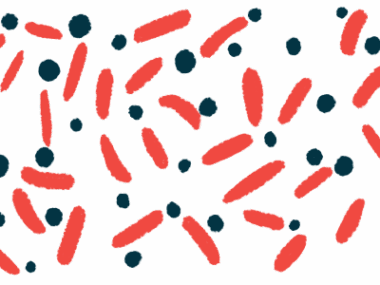CF Foundation Invests $3M to Support Phage Therapy, AP-PA02
Written by |

The Cystic Fibrosis (CF) Foundation has invested $3 million in Armata Pharmaceuticals to support development of AP-PA02, a bacteriophage now being evaluated in a clinical trial for its ability to treat respiratory infections caused by Pseudomonas aeruginosa in people with cystic fibrosis (CF).
“We are pleased by this investment by the CF Foundation as we endeavor to develop new, innovative therapies for difficult-to-treat bacterial infections for cystic fibrosis,” Brian Varnum, CEO of Armata, said in a press release.
“We could not ask for a better supporter of our research than the CF Foundation, and we look forward to continuing this mutually beneficial relationship,” Varnum added.
This latest equity investment in common Armata stock follows an up to $5 million Therapeutics Development Award given by the CF Foundation in March 2020 to further the company’s work into AP-PA02.
Armata is developing disease-specific bacteriophages, viruses that infect and kill bacteria, as therapies for antibiotic-resistant and hard-to-treat bacterial infections. Bacteriophages, or phages, are also highly specific to a particular bacteria, meaning they can target that bacteria without affecting local strains of beneficial bacteria.
AP-PA02 is now being evaluated in a Phase 1b/2a clinical trial, called SWARM–Pa (NCT04596319). The randomized and placebo-controlled study is currently enrolling up to 48 adults, ages 18 and older, with cystic fibrosis and chronic pulmonary P. aeruginosa infections at locations across the U.S. Contact and site information is available here.
Both single and multiple ascending doses of AP-PA02, as an inhalation therapy, will be tested in the trial, whose primary goal is treatment safety and tolerability at the varying doses. An additional goal of its Phase 2a multiple dose part is evidence of early efficacy against P. aeruginosa, as seen in patients’ sputum, at each of the three doses evaluated.
SWARM–Pa is expected to be completed in March 2022.
P. aeruginosa, the key bacterial agent in CF lung disease, can colonize the lungs, causing difficult-to-treat infections. Factors like a weakened immune response and the abnormally thick mucus that characterizes CF are thought to contribute to patients’ susceptibility to this bacteria.
“Difficult-to-treat pathogens such as Pseudomonas aeruginosa represent a significant source of morbidity and mortality among people with CF, highlighting the urgent need for more effective treatment alternatives,” said Mina Pastagia, MD, vice president of clinical development at Armata.
“AP-PA02 is a multi-phage cocktail directed against Pseudomonas aeruginosa that offers enhanced potency and aid in preventing the development of bacterial resistance. We look forward to results from the SWARM-P.a. study as we work to quickly and efficiently bring new therapeutic options to market,” Pastagia added.
Innoviva, a shareholder in Armata, also made a $4 million equity investment in the company, supporting its potential treatment.







